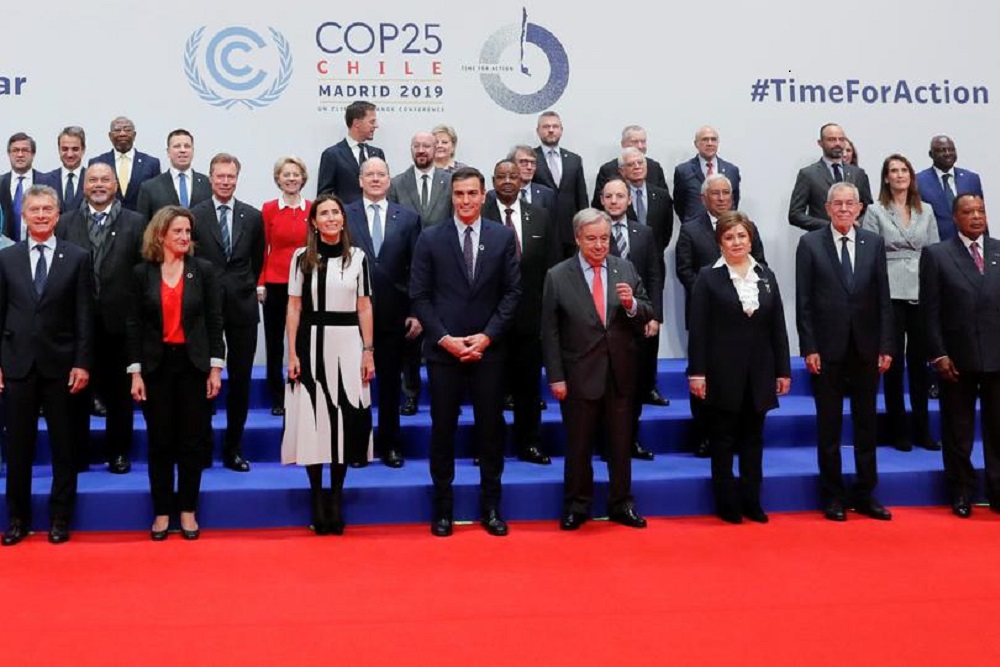Research published in Nature Human Behaviour by Princeton University revealed that stylish men are distinguished to be more competent.
According to the study, people perceive an individual competence partly based on subtle economic cues emanating from the person’s clothing and dress sense.
The research holds that these judgments are made subconsciously in a matter of milliseconds, and are very hard to avoid.
The paper, which was conducted by the researchers, included data from nine separate studies. People were gathered and asked to rate the competence of faces wearing different upper-body clothing.
The researchers found clothing perceived as more affluent by an observer led to higher competence ratings of the person pictured than similar clothes judged as more inferior.
Given that competence is often associated with social status, the study revealed that low-income individuals might face a challenge concerning how others perceive their abilities from merely looking at their clothing.
Eldar Shafir, co-author, and professor in Behavioral Science and Public Policy at Princeton, explained that the study showed faces were seen as less competent when it appeared with more inferior clothing.
According to him, poverty is a place predominant with challenges. Instead of respect for the struggle, people living in poverty face persistent disregard and disrespect by the rest of society.
DongWon Oh, lead author and postdoctoral fellow in New York University’s Department of Psychology, said wealth inequality has worsened in the United States.
He noted that their research work has shown that people are susceptible to how rich or poor other individuals appear.
DongWon stressed that his research found that people are susceptible to these cues when judging others on essential traits, like competence, and that these cues are hard, if not impossible, to ignore.
He noted that the gap between the top 1 percent and the middle class is over 1,000,000 percent.
Process of competent research
DongWon Oh, Eldar Shafir, and Alexander Todorov conducted the study at Princeton University. The work was supported by the National Science Foundation and the Alfred P. Sloan Foundation.
The researchers, in the beginning, asked a separate panel of judges to ensure that the clothing they chose was not explicitly wealthy or extremely poor.
The study began with images of 50 faces, and participants were asked to identify how rich or poor the individual looks. Based on those ratings, the researchers selected 18 black and 18 white face-clothing pairs displaying the most prominent rich-poor differences. These were then used across the nine studies.
Participants were then presented with half of the faces wearing more lavish upper-body clothing and the other half with a more inferior dress.
They were told that the researchers were interested in how people evaluated others’ appearances and were asked to rate the competence of the faces they saw, relying on their “gut feelings,” on a scale of 1 (not at all) to 9 (extremely).
Participants saw the images for three different lengths of time, which the researchers made little tweaks to the original design.
In some research, they replaced all suits and ties with non-formal clothing. While in others, they told participants there was no relationship between clothes and competence. In one study, they provided information about the persons’ profession and income to minimize potential inferences from clothing.
Regardless of these changes, the results remained consistent. Faces were judged as significantly more competent when the clothing was perceived as richer.
Princeton leads men in fashion
Princeton is well-known for the elegance influence they have had in fashion. Although, they might have been dulled by time, for much of the 20th century Princeton was acknowledged by both watchful fashion industry and rival schools for their great sense of fashion.
When it comes to starting fashion trends, Princeton has made a giant stride. Notably, from the three-button suit to its namesake haircut, Princeton has popularised such menswear staples as Norfolk jackets, raccoon coats, tweed sport coats, rep ties, spectator shoes, khaki pants and Shetland sweaters.







